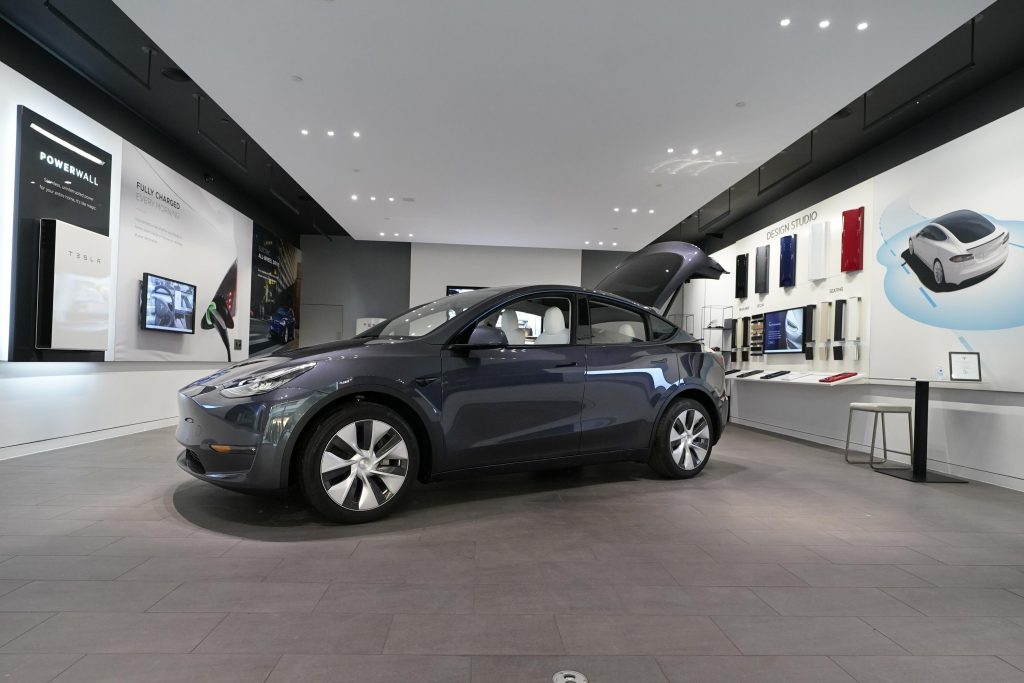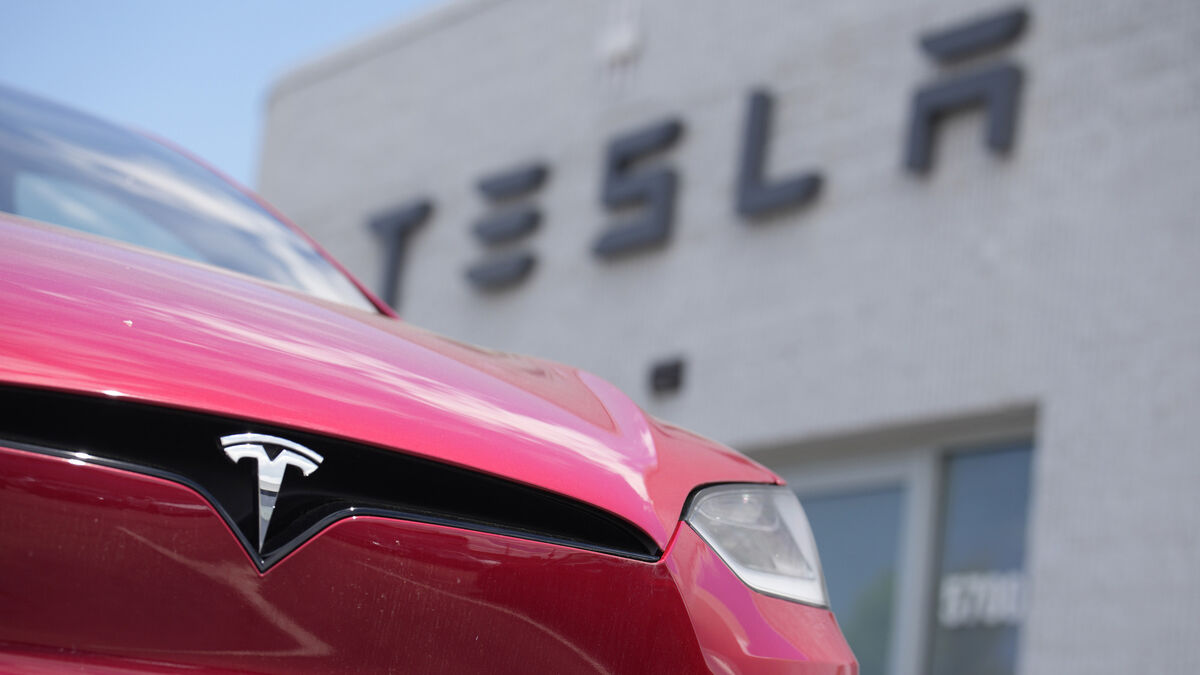Tesla Implements Extensive Recall to Overhaul Autopilot System for Enhanced Safety
In a bold move, Tesla is initiating a recall impacting more than 2 million vehicles, constituting almost the entirety of its sales in the United States. The primary objective is to rectify a flaw within the Autopilot system, designed to ensure heightened driver attentiveness.
Rather than opting for traditional physical recalls, Tesla is opting for an innovative approach—addressing the issue through an extensive software update, as detailed in documents recently disclosed by the US National Highway Traffic Safety Administration (NHTSA). The recall spans a diverse range of Tesla models, including the Model X, Model S, Model Y, and Model 3, all produced between October 5, 2012, and December 7, 2023.
This strategic decision comes on the heels of a thorough two-year investigation by the NHTSA into a sequence of accidents associated with the Autopilot system. This ongoing inquiry, commencing in 2016, encompasses over 40 special crash investigations involving Teslas, with a sobering count of 19 reported crash deaths.

The NHTSA’s investigation has pinpointed inadequacies within Autopilot’s methodology for ensuring driver attention and control, particularly underscoring that “the prominence and scope of the feature’s controls may not be sufficient to prevent driver misuse.” While Tesla has proactively issued a software update to tackle this concern, the NHTSA is poised to maintain its investigation, ensuring vigilant oversight of Tesla’s remedies and collaborating with the automaker to uphold safety standards.
The safety recall report delineates a multifaceted approach, introducing heightened controls, alerts, and restrictions on Autosteer usage. Tesla’s software update is geared towards limiting the activation of Autosteer in specific conditions, encompassing augmented visual alerts, streamlined engagement and disengagement processes, and a provision for suspending Autosteer if a driver consistently fails to demonstrate continuous responsibility.
Despite its nomenclature, Tesla’s Autopilot system is categorically a driver assistance feature, not an autonomous driving solution. It mandates continual driver attention, and the comprehensive software update aims to underscore this imperative through additional checks and warnings. This recall signifies Tesla’s unwavering commitment to addressing safety concerns and refining its Autopilot system for an elevated standard of safety.
The NHTSA’s sustained scrutiny and collaborative efforts with Tesla underscore the paramount importance of perpetual improvement and vigilance in the development and deployment of advanced driver assistance systems.



